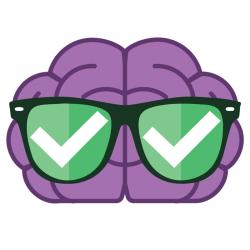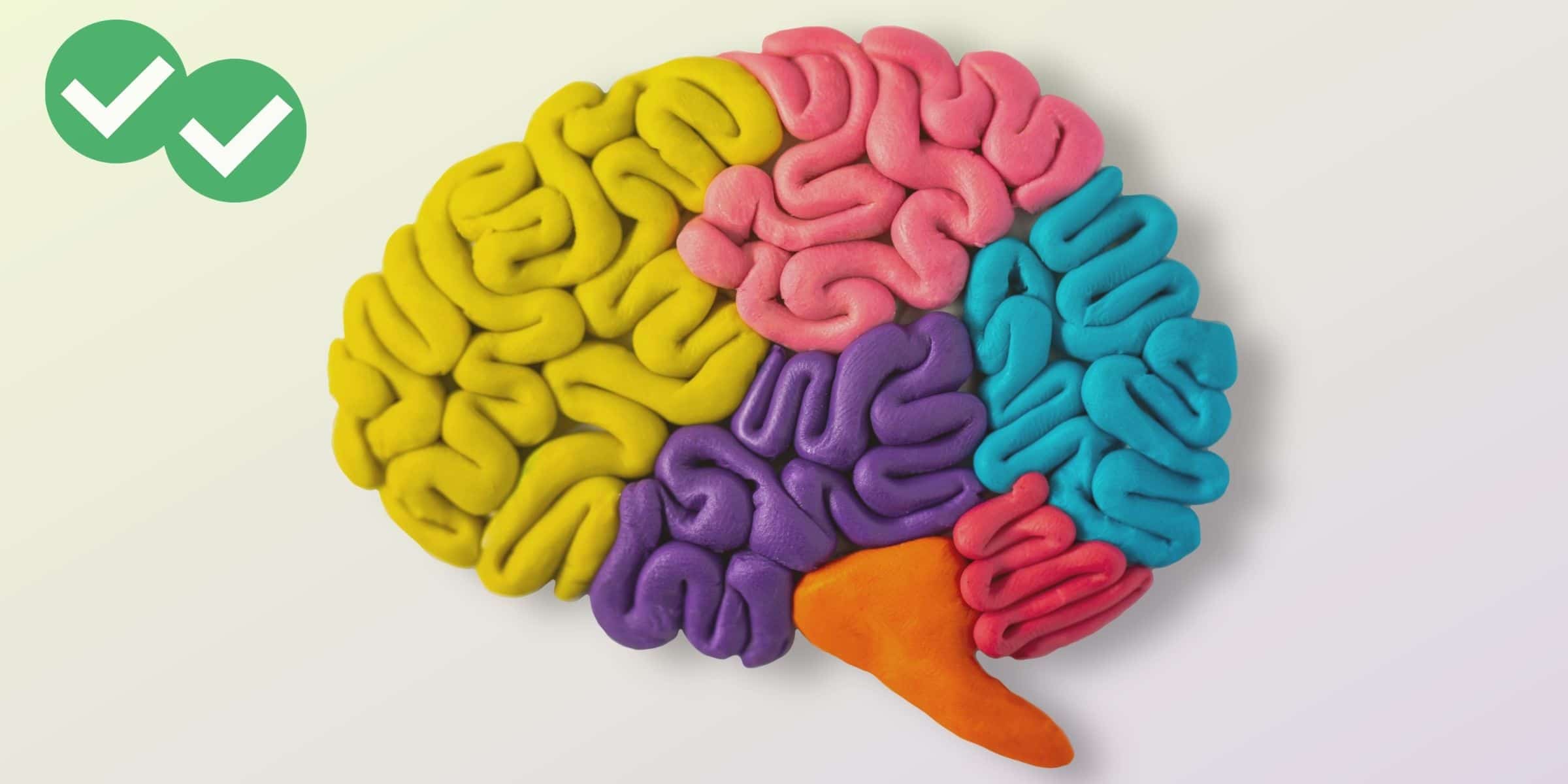How to make language learning an active, enjoyable, productive habit.
Possessing a strong, rich vocabulary is vital to passing the TOEFL. But how can you learn enough vocabulary to pass it with flying colors? By reading the methods we’ve compiled below to ensure your success!
There are many different strategies that people use to grow their vocabulary. Here are some of the best pieces of advice for you to learn new words in a fast, efficient way:
- 1) Only read, watch, and listen to what interests you.
Learning works best when you are actively engaged in the process. For studying to be effective, you need be be focused. Choose learning materials that you enjoy, such as books, movies, podcasts, or TV shows. Then slowly broaden the range of topics as you become more comfortable.
- 2) Write in English, whether in a diary or as part of a language exchange.
Don’t settle for the same words. Look up synonyms, mix up the sentence structure, and take risks. Be proactive in looking up how to use a word if you’re unsure.
- 3) When you learn a new word, try to find out its part of speech.
This means that you should figure out whether your new word is a noun, adjective, verb, adverb, etc. Once you know what type of word it is, you can more easily identify other words in the same family.
- 4) Read books and magazines on a regular basis and listen to podcasts and TV shows.
You may not notice it, but you learn new vocabulary even when you don’t understand 100% of what you’re hearing. For example, podcasts are an excellent way to immerse yourself in the language and passively learn new words. Find a good podcast directory, and then search for podcasts on the topics that interest you the most.
- 5) Whenever you hear a word you don’t recognize, write it down.
When you write down new words, they get stored in both your visual and kinesthetic memories, the latter of which relies on the movement associated with writing. This is why we suggest copying the words and sentences you study, especially when memorizing new vocabulary. When you do this, you create three memories: visual, auditory, and–of course– kinesthetic.
- 6) Avoid the temptation to translate words into your native language.
Instead, write a few synonyms or a sentence that makes the meaning of the word obvious. This will force you to think about the concepts and the meanings of the words instead of their translations in your native language.
- 7) Use flashcard apps (and the spaced repetition system).
Polygots and independent learners around the world swear on the effectiveness of this system. It’s one of the most time-tested, effective methods of learning new vocabulary.
Instead of simply using flashcards, numerous apps are integrating the SRS system. For instance, the MosaLingua TOEFL Vocabulary Trainer is one app dedicated to the TOEFL, featuring the 2,000 words which appear most frequently on the test.
- 8) Learn by context.
You will have a hard time simply reviewing isolated words. Instead, rely on context, such as synonyms, antonyms, and the words as used in sentences. Use books, ebooks, and magazines. If you use a flashcard app, add new words to the app using the examples and context in which you found them.
- 9) Learn in a peaceful setting.
Block out any distractions: close your door, wear earplugs, or switch your phone to airplane mode. Set a timer for your session. It will remind you that you’re working on the TOEFL and not doing anything else.
- 10) Take short study sessions in the morning and before bed.
Many studies have proven that we are far more productive in the morning after a good night’s sleep. And before we go to bed, our brains start organizing and memorizing things we’ve learned throughout the day. So instead of focusing for long periods, study in short sessions at these times and take frequent breaks.
- 11) Test out different strategies for memorizing the meaning of new words.
Create mnemonic devices or visualize a picture when reading the vocabulary words. There are many strategies to quickly and effectively memorize new words, and you can go with the one that proves to be most effective for you.
- 12) Review on a daily basis.
Make a habit of reviewing your flashcards every day. Even on busy days, try to fit in a few minutes for review so that it becomes part of your daily routine. Even 5 minutes are enough if you study every day. Try to make a habit of it–for example, during breakfast, your daily commute, or right after school or work.
- 13) Watch movies and TV series in English.
Watching movies with subtitles improves your comprehension and introduces you to learning new words and structures (as found by this US study). Personally, I regularly watch TV series because they are ideal for step-by-step learning. Watch them first with subtitles in your first language, and then a second time with subtitles in English, and finally with no subtitles. The advantage of TV shows is that you have the opportunity to get used to characters’ accents and become familiar with the common scenarios and storylines of the show. You will naturally improve your understanding little by little by using this method.
******
Author bio: This post was written by Luca Sadurny, Managing Partner at MosaLingua and language enthusiast who has has been learning languages on his own for more than 12 years. On the MosaLingua blog, he regularly writes about useful tips and efficient strategies to learn and improve foreign languages.






Leave a Reply